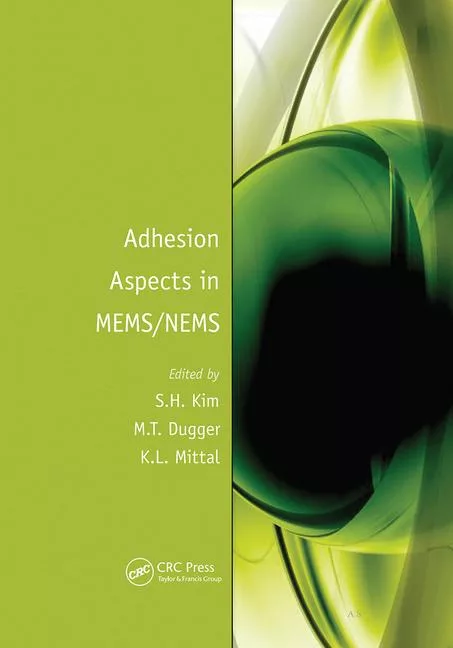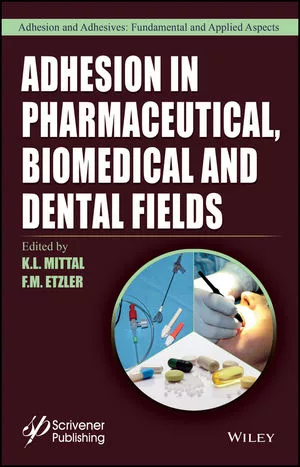Evonik and LIKAT Rostock Partner in Carbonylation Chemistry Development
With this new process, Evonik reports that the participating project partners are laying the foundation for a more environmentally friendly and cost-effective large-scale method of synthesis.

Evonik Industries recently announced that a research team led by Matthias Beller, Ph.D., director of the Leibniz Institute for Catalysis at the University of Rostock (LIKAT Rostock), and Robert Franke, Ph.D., of Evonik Performance Materials GmbH, has succeeded in double carbonylating 1,3-butadiene directly to produce adipates (salts of adipic acid). Carbonylation involves the catalyzed introduction of a CO group (carbonyl group) into organic compounds. Adipates can currently only be produced by a complex multi-stage, energy- and cost-intensive synthesis. This involves not only the use of many chemicals, but also releases climate-relevant nitrogen oxides (NOx), which are among the main greenhouse gases.
Millions of metric tons of adipates are produced annually on a large scale; they serve as starting materials for the manufacture of numerous products, including plasticizers, perfumes, lubricants, solvents, various active pharmaceutical ingredients, and nylon. With this new process, Evonik reports that the participating project partners are laying the foundation for a more environmentally friendly and cost-effective large-scale method of synthesis.
As detailed in a recent edition of Science, the key to the breakthrough was reportedly the development of a new palladium catalyst based on a specific phosphine ligand (HeMaRaPhos). This ligand binds to palladium, resulting in a highly selective, efficient, and long-lived catalyst that can result in 95% yields of adipic acid derivatives under industrially feasible conditions.
The partners have begun large-scale evaluation of economic and technical aspects. For more information, visit www.evonik.com and www.catalysis.de/en/home.
Looking for a reprint of this article?
From high-res PDFs to custom plaques, order your copy today!







